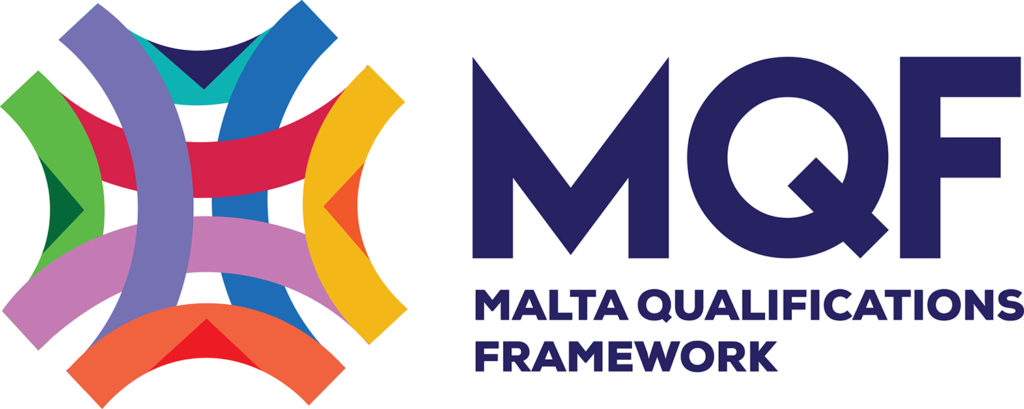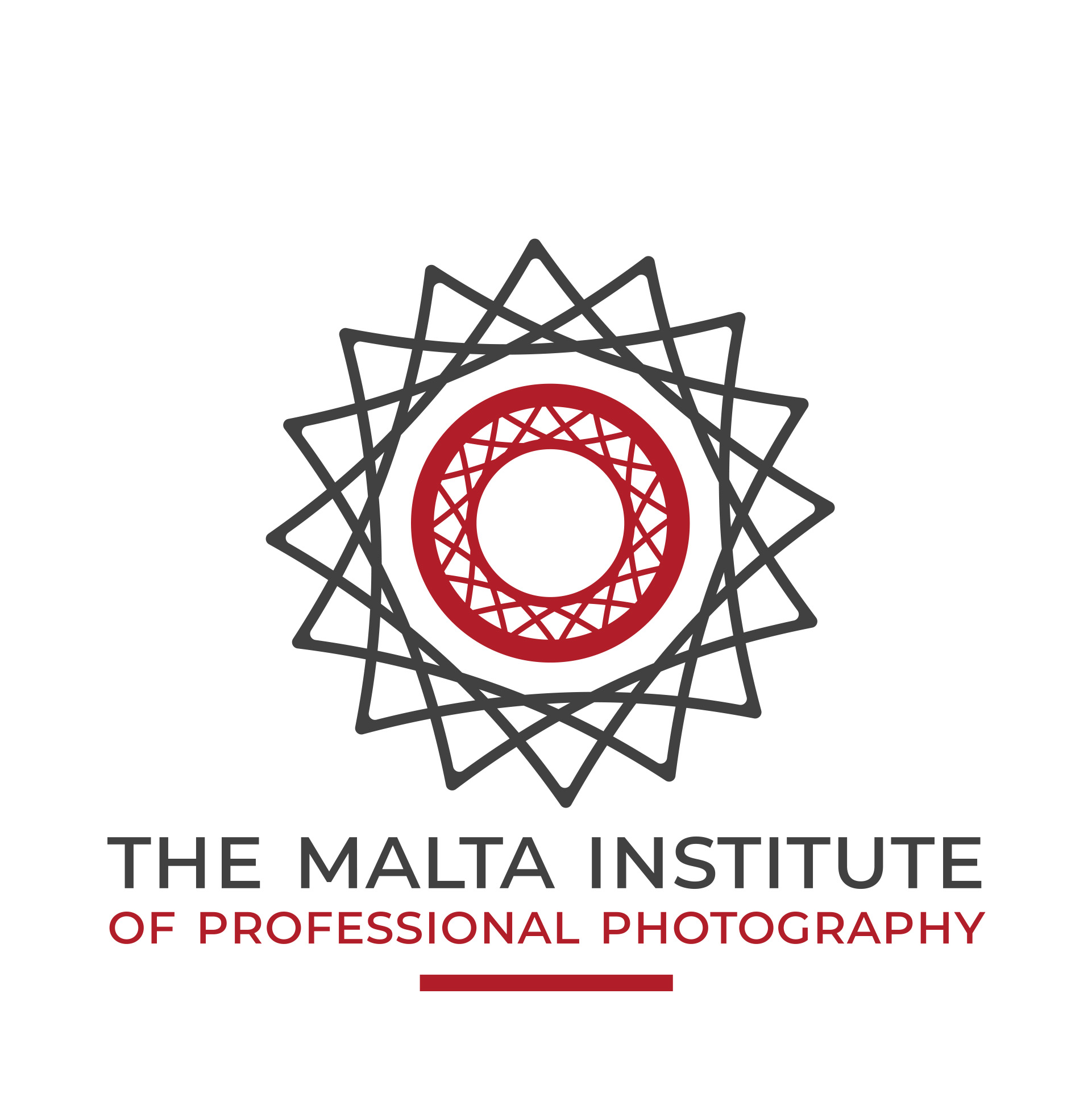The Malta Institute of Professional Photography (MIPP) is licensed by the Malta Further and Higher Education Authority as a Further Education Institution (MFHEA) under the license number 2014-FHI-013. This programme, the MIPP Applied Commercial Photography Award by MFHEA is categorized as a Further Education Programme and accredited by the MFHEA.
In its ongoing policy of providing MFHEA accredited courses and awards for our members and all those interested in furthering their photography studies, the MIPP has an Award in Applied Commercial Photography.
The Award, which will be run whenever the need arises is accredited at Level 4 and is the MIPP Applied Commercial Photography Award (ACPA). This course is primarily aimed at those who already have a good command and foundation of photographic and post-processing techniques and wish to take their photographic work to higher industry-level standards.

MIPP Applied Commercial Photography Award
1. The name of the educational program:
MIPP Applied Commercial Photography Award
2. The accredited status of the educational program:
Accredited by MFHEA.
3. The level of the qualification MQF/EQF:
Level 4
4. Type of course – qualification or Award:
Award
5. Mode of delivery:
Face-to-face delivery
6. Hours of total learning:
300 hours
7. Workload:
12 ECTVS
| Contact hours | Hands-on hours | Self-study hours | Assessment hours | |
| Module 1 – 4 ECTVS, level 4 EQF/MQF | 12 | 4 | 80 | 4 |
| Module 2- 4 ECTVS, level 4 EQF/MQF | 12 | 4 | 80 | 4 |
| Module 3- 4 ECTVS, level 4 EQF/MQF | 12 | 4 | 80 | 4 |
| 36 | 12 | 240 | 12 |
8. Mode of attendance:
Part-time
9. Program duration:
8 months
10. Target audience:
Serious amateurs and hobbyists who want to take their photography to a more commercial and professional level and engage further into specific photographic genres with an aim of widening their range of technical and conceptual skills.
11. Target group:
18-65+
12. Language/languages:
English
Link to Identity Malta’s VISA requirement for third country nationals: https://www.identitymalta.com/unit/central-visa- unit/;
13. Addresses where the program will be delivered:
MIPP Head Office, 76, Triq Brittanja, Paola
14. Entry requirements:
Students must be at least 18 years old or over on the date of commencement of this course.
and
MQF Level 3 Certification by the Malta Institute of Professional Photography Award in Still Photography or an MIPP Qualification at or above LMIPP (Licentiate) level.
Prospective students who do not possess any of these academic requisites will be interviewed by the MIPP. Such applicants are to also present a digital portfolio consisting of 10 images of their best work in order that their proficiency to successfully attend and complete this course to be assessed. Furthermore, such non-qualified applicants need to have completed an MIPP-approved foundation course in photography.
and
Students must have a literacy level in the English language and basic computer skills.
Applicants for this course must have their own digital SLR camera and at least one general-purpose lens. A tripod, external flash, and post-processing software and hardware facilities are also necessary.
15. Structure of the program:
Module 1: Visual and Historical Context (months 1-3)
1.1 Identifying and understanding how to capture attention with images;
1.2. Evaluating images;
1.3. Identifying trends in the history of photography and creative alternative imagery.
| Competences: – at the end of the module/unit the learner will have acquired the responsibility and autonomy to: |
| a) Identify and exploit ways of how to capture viewers attention with images. b) Influence Learner’s own imagery through better evaluation. c) Identify and work using current trends and genres in photography. |
| Knowledge – at the end of the module/unit the learner will have been exposed to the following: (This can be a list of knowledge/content items) |
| a) Iconic imagery by top exponents of photography. b) The conditioning factors which influence viewer engagement with imagery. c) Current work methods and techniques of modern f photographers. |
| Skills – at the end of the module/unit the learner will have mastered the following skills: |
| Applying knowledge and understanding The learner will be able to: a) Be able to better understand concepts and messages in image production. b) Widen learner’s background to fashion photography outside the learner’s comfort zone. c) Introduce current work methods into future photographic work. |
| Judgment Skills and Critical Abilities (This Section has been made sufficiently open to accommodate both vocational and academic orientations. Applicants can refer to Judgement Skills, or Critical Abilities (critical skills, dispositions, values, and actions), or both.) Learners will be able to: a) Critically evaluate their own and other photographers’ work and b) Better understand the concept and message properties of fashion photographs. c) Engage with complex conceptual and practical challenges |
Module 2: Advanced digital software techniques (months 4 and 5)
2.1 Essentials of post-processing techniques;
2.2 Advanced creative and experimental post-processing techniques;
2.3 Workflow techniques and working with software programs in order to produce photography visual presentations.
| Competences: – at the end of the module/unit the learner will have acquired the responsibility and autonomy to: |
| a) Identify and exploit ways of how to capture viewer attention through image post-processing. b) Influence Learner’s own imagery through the use of digital image software and advanced editing techniques. c) Identify and work with visual image presentation software in order to produce visual and audio presentations using the Learner’s own imagery. |
| Knowledge – at the end of the module/unit the learner will have been exposed to the following: (This can be a list of knowledge/content items) |
| a) Various advanced post-processing techniques. b) The importance of engaging viewers’ interest through the sympathetic use of post-processing software. c) Current work methods of image presentations. |
| Skills – at the end of the module/unit the learner will have mastered the following skills: |
| Applying knowledge and understanding The learner will be able to: a) Better understand concepts and messages in post-processing image production. b) Widen learner’s background to advanced photographic post-processing techniques in order to enhance editing skills and influence correct workflow practice. c) Introduce current work methods into future photographic work practice, with particular emphasis on visual presentations and creative manipulation. |
| Judgment Skills and Critical Abilities (This Section has been made sufficiently open to accommodate both vocational and academic orientations. Applicants can refer to Judgement Skills, or Critical Abilities (critical skills, dispositions, values, and actions), or both.) The learner will be able to: a) Be able to employ various post-processing techniques and b) Produce visual image presentations for the promotion and marketing of their own work. c) Engage with complex post-processing work. |
Module 3: Improving techniques and practice (months 6-8)
3.1 Macro and Nature photography;
3.2 Architecture and Interior photography;
3.3 Advanced portable lighting techniques on location.
| Competences: – at the end of the module/unit the learner will have acquired the responsibility and autonomy to: |
| a) Identify and work with specialized close-up equipment; b) Explore ways to ethically produce nature photographs without any negative impact on the environment; c) Exploit and employ new, advanced techniques in different spheres of photography with a particular emphasis on-location work. |
| Knowledge – at the end of the module/unit the learner will have been exposed to the following: (This can be a list of knowledge/content items) |
| a) Iconic imagery by top exponents coming from different genres of photography; b) Specialised equipment and techniques needed for the production of high-level images in certain spheres of photography; c) Correct ethical practice when working in certain spheres of photography; d) In-depth knowledge of how to transfer and exploit work practices and skills from one genre of photography to another. |
| Skills – at the end of the module/unit the learner will have mastered the following skills: |
| Applying knowledge and understanding The learner will be able to: a) Be able to better understand specialized techniques and skills needed in the production of images; b) Widen learner’s background to photographic genres and skills outside the learner’s comfort zone; c) Introduce current work methods into future photographic work. |
| Judgment Skills and Critical Abilities (This Section has been made sufficiently open to accommodate both vocational and academic orientations. Applicants can refer to Judgement Skills, or Critical Abilities (critical skills, dispositions, values, and actions), or both.) The learner will be able to: a) Identify the right equipment to produce industry-standard results. b) Employ photographic equipment and techniques to create industry-standard work in various commercial genres of photography. c) Critically assess and use artificial and natural lighting in photography. |
16. The intended learning outcomes:
| Knowledge: Learner will acquire factual and theoretical knowledge within specific fields of commercial photographic work as covered in the 3 modules. Learners will gain insightful knowledge of the historical advances of photography and ways of incorporating photographic trends in their own work in order to produce more creative work. Skills: Learner will obtain a range of practical and cognitive skills required to generate solutions to specific problems during fieldwork and personal study. They will be guided towards exploring other alternative methods of using photography in order to widen their creative and competitive horizons. In-depth training in complex photographic subjects, with particular relation to aspects of core commercial photography practices, will further guide learners to improve their level of work. Competences: The learner will supervise the work of others and take some responsibility for the evaluation and improvement of work and study activities. These competencies will be learned through ongoing peer evaluation and in-depth engagement with targeted genres of photographic research. |
| The learner will be able to: a); Communicate theoretical and technical information in a work or learning context. b) Clearly understand clients’ requirements and briefs and apply correct work ethics whenever in contact with any other person they may encounter across the execution of their own work. c) Interact with clients and colleagues in a professional manner at all times. |
| The learner will be able to: Interact with and generate solutions and generate solutions within commercial photographic work. Apply key competencies to defined actions and to a technical and academic field of work. Learners will be able to recognize the right photographic and post-processing techniques and equipment and properly apply them to different genres of commercial photography. |
17. The teaching, learning, and assessment procedures:
Courses will be limited to a maximum of 15 students due to the practical and “hands-on” tutoring needed.
An external independent verifier, appointed by the MIPP, will also take part in the assessment process.
All units will be assessed through ongoing practical assignments, classroom assessments, practice tests, computer-based assessments, and learners’ work submitted from workshop tasks outlined by the tutor.
Throughout the course, the learner is to build up and present a varied portfolio of his work (in digital format) of 20 images depicting industry-level work. The portfolio is to at least include 5 different genres of photography and demonstrate the learner’s capabilities in professionally handling diverse themes.
Furthermore, learners’ progress and research involvement will also be assessed and mentored through an ongoing reflective Journal. The Journal must support that the learner has, throughout the course, conducted in-depth research and reflection.
All units will be individually graded with a Pass, Merit, Distinction Grade, or a Fail.
To achieve this Award, learners must pass all modules and assessment criteria.
Places are limited so book early in order to ensure your place.
For full details and further queries, kindly contact learn@mipp-malta.com
